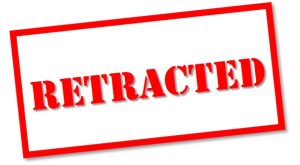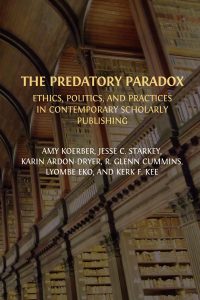
Would you consider a donation to support Weekend Reads, and our daily work?
The week at Retraction Watch featured:
- Exclusive: MDPI journal undergoing reevaluation at Scopus, indexing on hold
- ‘We should have followed up’: Lancet journal retracts article on hearing aids and dementia after prodding
- Elsevier’s Scopus to continue indexing MDPI’s Sustainability after reevaluation
Our list of retracted or withdrawn COVID-19 papers is up to over 375. There are nearly 46,000 retractions in The Retraction Watch Database — which is now part of Crossref. The Retraction Watch Hijacked Journal Checker now contains well over 200 titles. And have you seen our leaderboard of authors with the most retractions lately — or our list of top 10 most highly cited retracted papers? Or The Retraction Watch Mass Resignations List?
Here’s what was happening elsewhere (some of these items may be paywalled, metered access, or require free registration to read):
Continue reading Weekend reads: Claudine Gay and what comes after; China cracking down again; ‘retracted papers and collateral damage’





